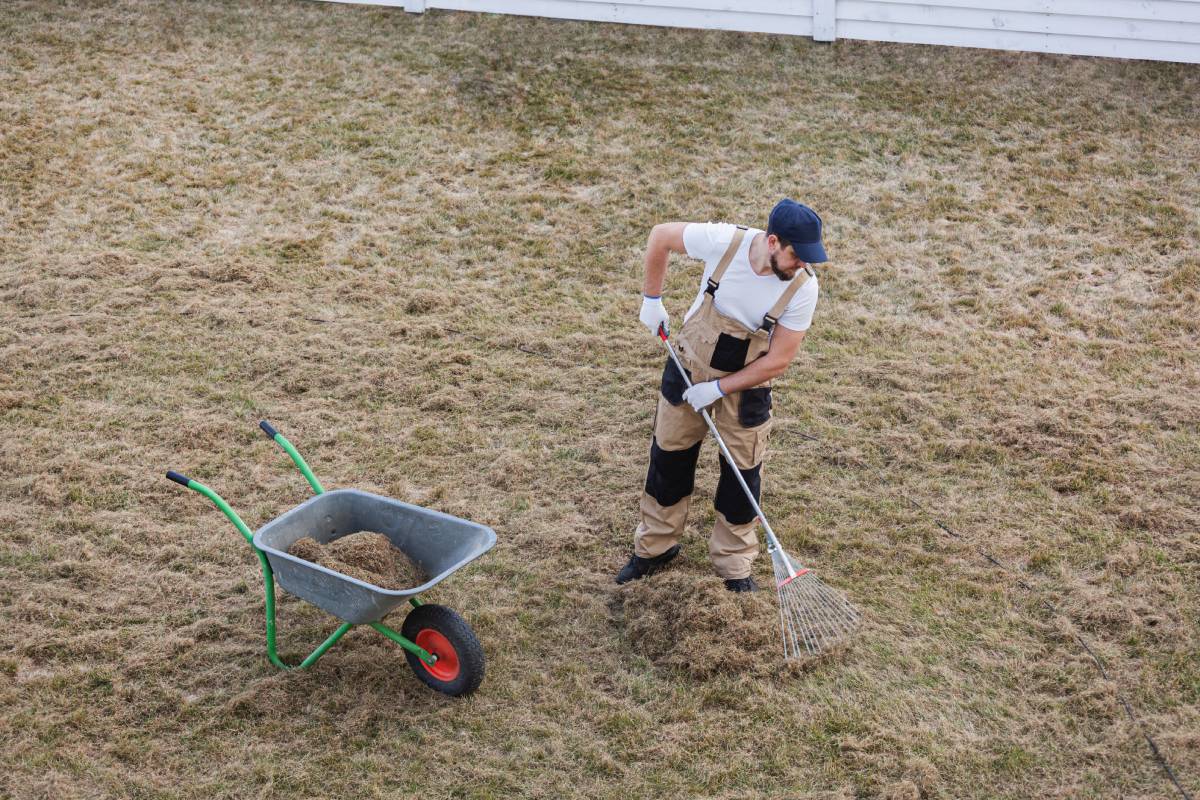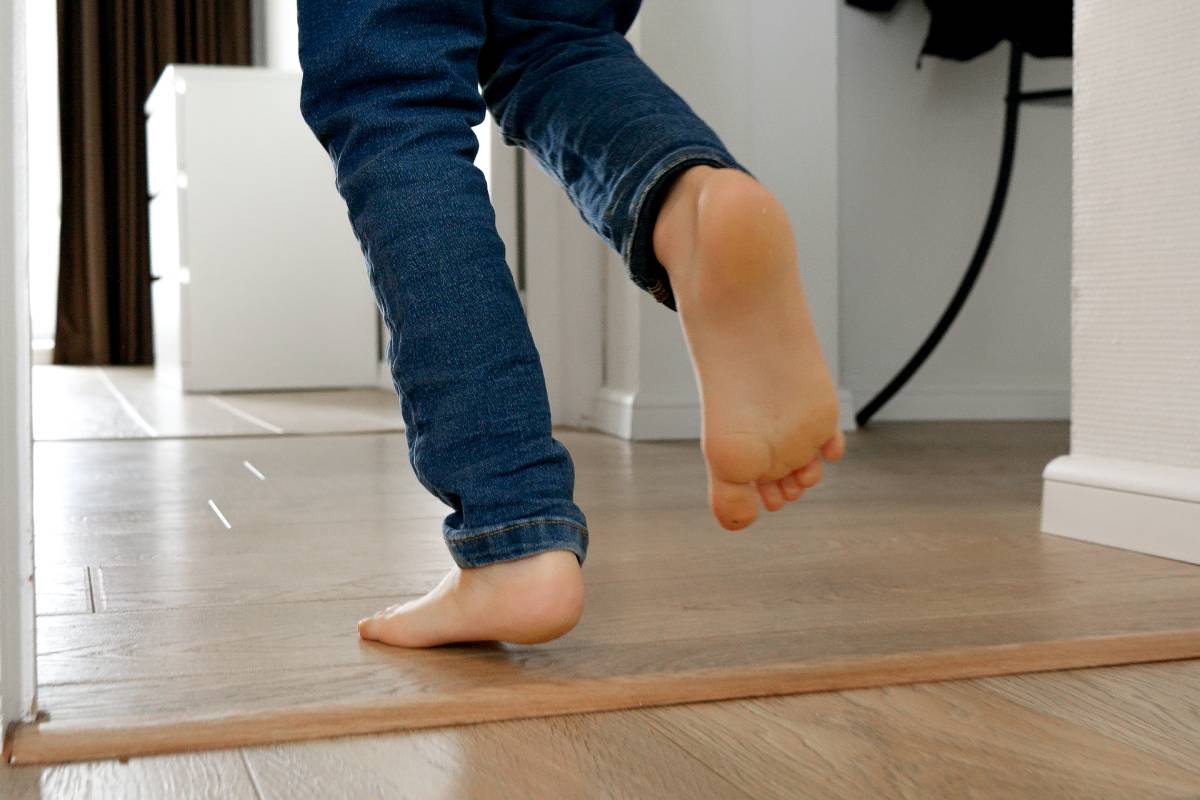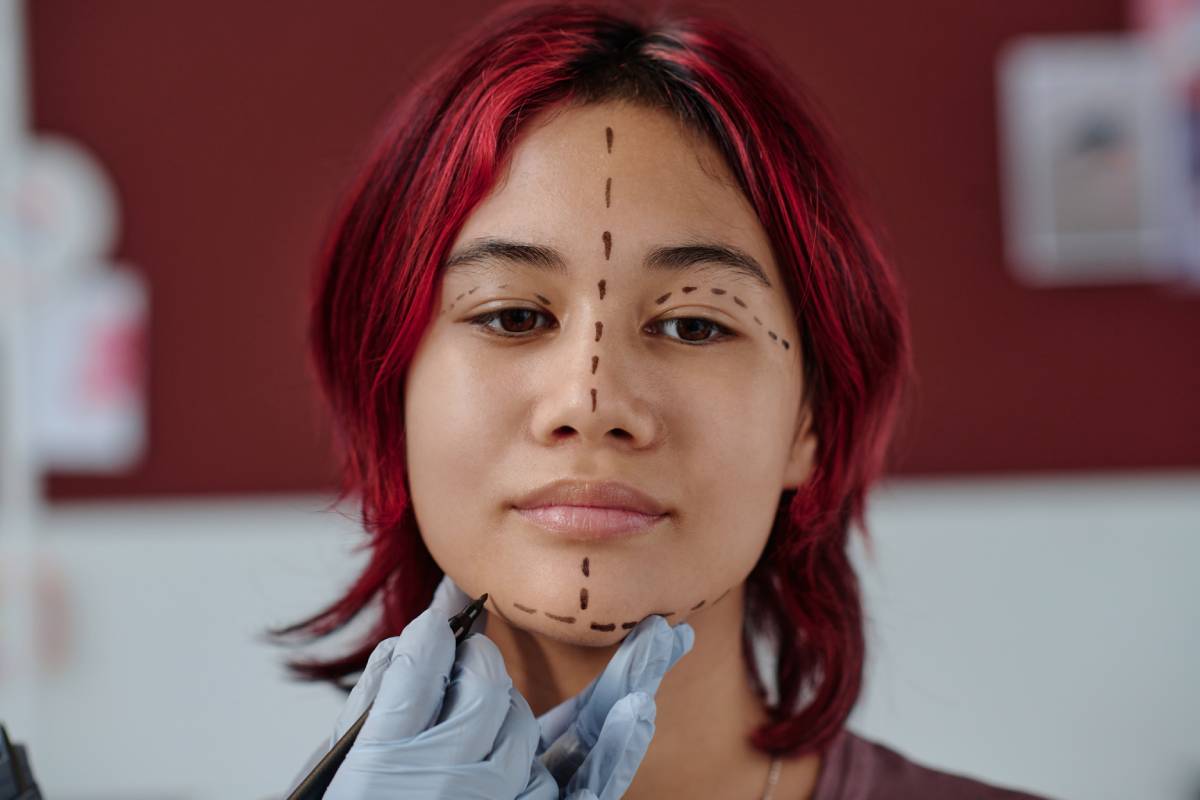
Having a sibling with special needs shapes a unique and often complex family experience. Brothers and sisters of children with physical, intellectual, or emotional disabilities face a mix of emotions and responsibilities that many people may not fully understand.
These siblings play an important role in their family, navigating challenges while developing empathy, resilience, and maturity.
Understanding who these siblings are, how having a special needs brother or sister affects them, and the ways we can support them is essential. This article explores these important topics to help families, educators, and communities provide the care and attention these siblings deserve.
Who Are Siblings of Special Needs Children?
Siblings of special needs children are brothers or sisters who share the family with a child who has physical, intellectual, developmental, or emotional disabilities.
These siblings grow up experiencing a family dynamic that may include extra caregiving, attention shifts, and emotional challenges.
Sometimes they are called:
- “Siblings of children with special needs”
- “Brothers and sisters of disabled children”
- “Young carers” when they take on caregiving roles for their sibling
The key point is they are family members who often share responsibilities and emotions that come with having a sibling with extra needs.
How Does Having a Special Needs Sibling Affect You?
Having a sibling with special needs impacts many areas of a sibling’s life. These effects can be positive, negative, or a mix of both depending on the family situation, support, and individual personality.
1. Emotional Effects
- Love and Pride: Many siblings feel deep love and pride for their brother or sister. They see the hard work and courage their sibling shows and often develop a strong sense of empathy and patience.
- Jealousy and Resentment: At times, siblings might feel jealous because their sibling receives more attention from parents or caregivers. They may feel left out or neglected. This can lead to feelings of resentment.
- Guilt: Siblings sometimes experience guilt, especially if they have negative feelings about their sibling’s special needs or wish for more parental attention. They may hide these feelings, which can cause emotional stress.
2. Social Impact
- Social Isolation: Some siblings find it hard to explain their family situation to friends, leading to social isolation or feeling different. They may avoid inviting friends home to prevent awkward questions.
- Responsibility and Maturity: Growing up with a special needs sibling often forces children to mature faster. They might take on more responsibility at home, helping care for their sibling or managing household tasks. This responsibility can build valuable life skills but may also limit their childhood freedom.
- Mixed Peer Relationships: Some siblings find it easier to relate to others with caregiving experience, but others might struggle to connect with peers who don’t understand their family life.
3. Academic and Personal Growth
- Motivation and Resilience: Many siblings develop strong resilience and problem-solving skills. They learn to adapt to challenges and manage complex emotions, which can motivate success in school and life.
- Stress and Anxiety: On the downside, siblings may feel pressure or stress due to family demands. This can sometimes affect their academic performance or mental health if not managed well.
How to Support Siblings of Children with Disabilities
Supporting siblings of special needs children is crucial to their well-being and healthy development. Here are several effective ways families, schools, and communities can help:
1. Open Communication
- Encourage honest and age-appropriate conversations about the sibling’s special needs. Let siblings ask questions and express their feelings without judgment.
- Explain the situation clearly so they understand their sibling’s challenges and needs. Knowledge reduces confusion and fear.
2. Provide Individual Attention
- Make time for siblings individually. Parents should spend quality one-on-one time with them to show they are valued and loved.
- Celebrate their achievements and interests outside of the family caregiving dynamic.
3. Create Support Networks
- Connect siblings with others in similar situations through support groups, clubs, or online communities. Sharing experiences helps reduce feelings of isolation.
- Schools can offer counseling or peer support programs for siblings of children with disabilities.
4. Encourage Self-Care and Personal Growth
- Teach siblings to set boundaries and take care of their own mental health. It’s important they know it’s okay to take breaks and have time for themselves.
- Encourage hobbies, social activities, and friendships that build confidence and joy outside the family.
- Nutrition Matters: Eating healthy foods like leafy greens, berries, nuts, whole grains, and fish can help reduce stress, improve mood, and boost focus. Sharing meals together also builds emotional connection and gives a chance to talk and support each other.
5. Involve Siblings in Caregiving When Appropriate
- Some siblings want to be involved in caring for their brother or sister. When done in a healthy way, this can strengthen bonds and provide a sense of purpose.
- However, it’s important to avoid placing too much responsibility on siblings or making them feel obligated to care.
6. Professional Support
- Families may consider counseling or therapy for siblings to help them process emotions and manage stress.
- Schools and community programs can also provide resources to help siblings cope with challenges.
Conclusion
Siblings of children with special needs have an important role in the family. They often go through special feelings and experiences. It is very important to notice and support these siblings so they can feel happy and grow well.
Talking openly, giving them personal attention, connecting them with support groups, and getting professional help when needed can help them do well with their brothers or sisters who have special needs.
When families and communities understand what these siblings go through and give the right support, these brothers and sisters can become confident, caring, and strong people who make life better for everyone around them.






















